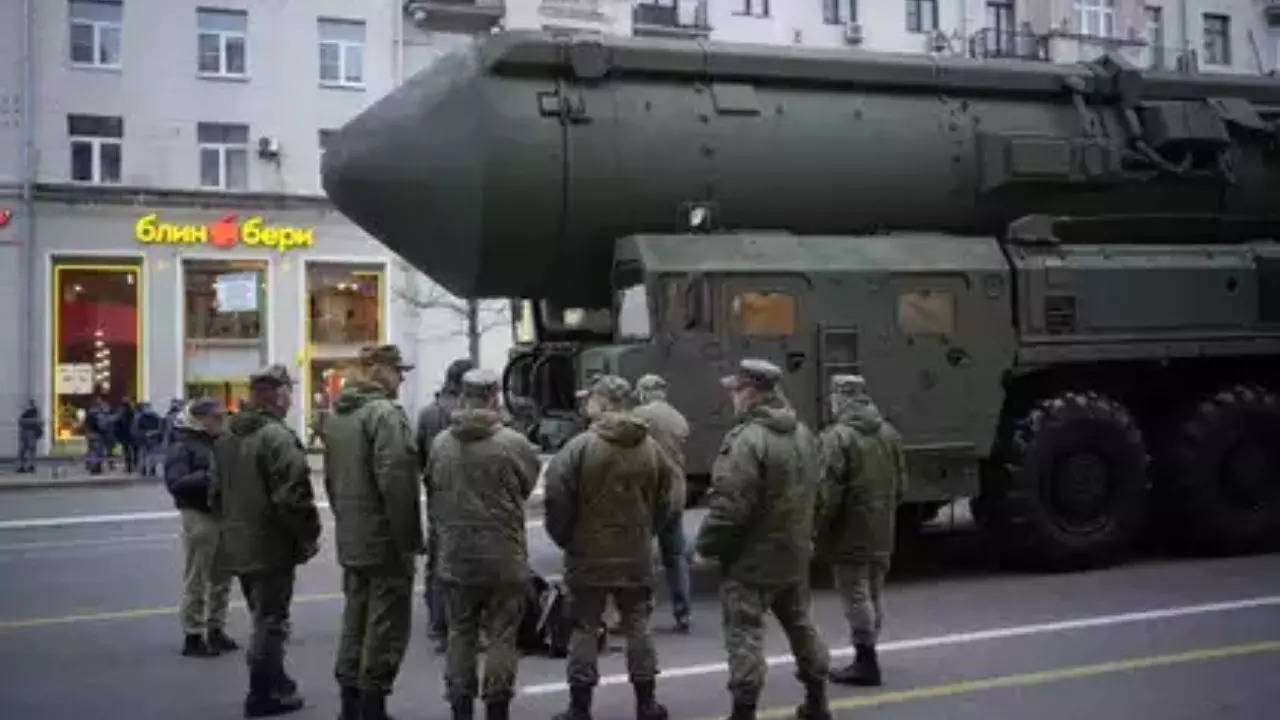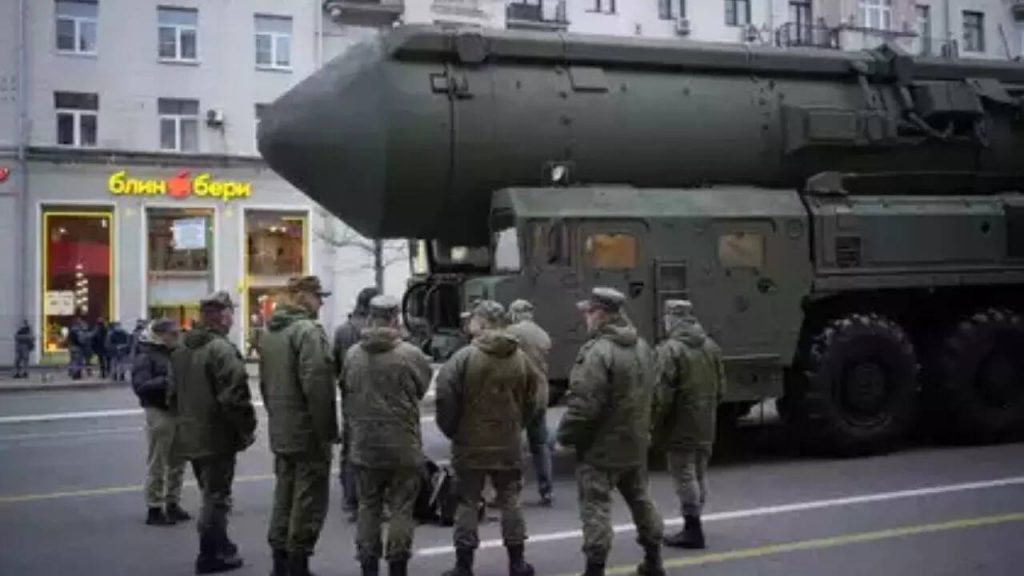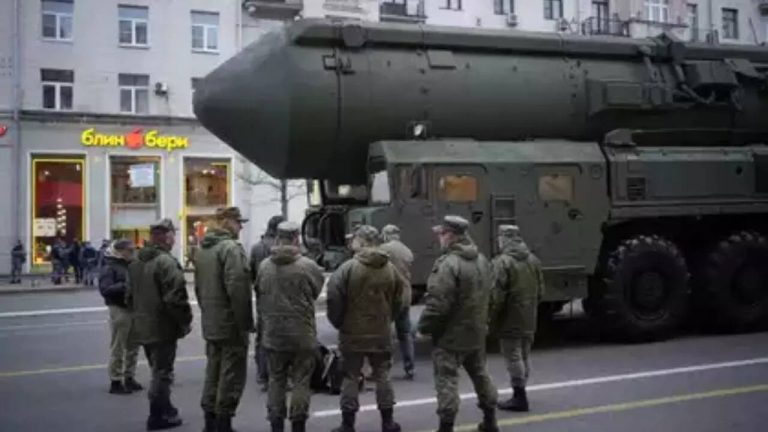After the fall of the Soviet Union, Ukraine inherited a substantial nuclear stockpile. However, facing financial burdens and geopolitical risks, Ukraine made the difficult decision to relinquish its nuclear weapons. The 1994 Budapest Memorandum provided security guarantees to Ukraine, but these proved to be unreliable when Russia annexed Crimea and backed separatists in Ukraine. The current Russia-Ukraine conflict underscores the vulnerabilities of Ukrainian security in the absence of nuclear deterrence. The aftermath of Ukraine’s nuclear disarmament serves as a cautionary tale for other nations considering similar decisions. The world continues to monitor the situation in Ukraine closely, as the country navigates through complex geopolitical challenges. The implications of Ukraine’s nuclear disarmament reverberate globally, with discussions on the efficacy of security guarantees and the importance of maintaining a balance of power. As Ukraine grapples with its security concerns, the international community remains vigilant in supporting efforts to uphold sovereignty and territorial integrity. The lessons learned from Ukraine’s nuclear disarmament will continue to shape discussions on nuclear proliferation and security dynamics in the 21st century.

Posted in
JUST IN
Ukraine’s Nuclear Deterrence Legacy: Vulnerabilities Exposed in Russia-Ukraine Conflict Despite Budapest Memorandum Assurances
In Trend

“India’s COVID-19 vaccination drive faces challenges as states report shortages and scheduling issues”




















